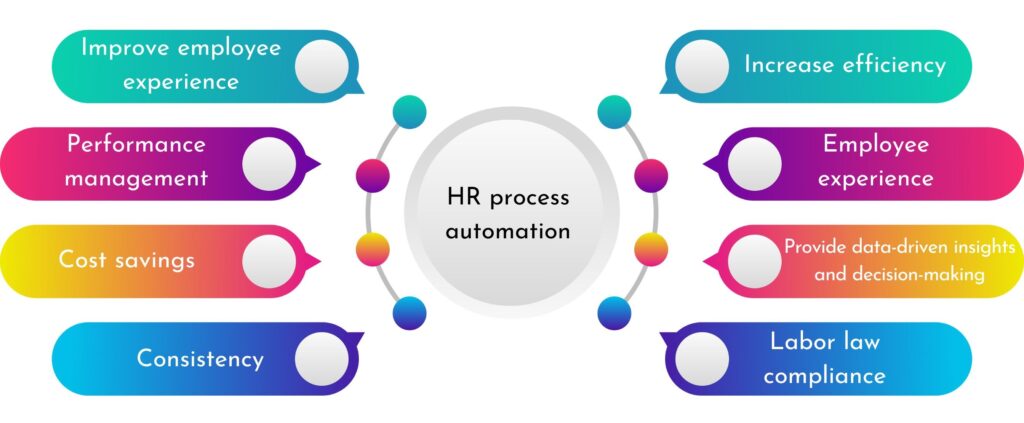Transforming HR: Key Priorities and the Role of Technology in 2025 and beyond:

As HR evolves from a transactional function to a transformational force, embracing HR automation and technology is non-negotiable. As businesses prepare for the future, HR leaders must leverage automation to redefine their focus and address strategic priorities in 2025.
and beyond which includes developing managers, embedding organisational culture, strategic workforce planning, managing change and optimising HR technology.
HR leaders must prioritise automation, adopt cutting-edge solutions like generative AI, and embed a culture of continuous improvement. This not only elevates the credibility of HR professionals but also positions the function as a strategic partner in shaping the organisation’s future. The transformation of HR processes hinges on embracing technology that enhances efficiency, fosters innovation, and provides data-driven insights. Generative AI is a game-changer, enabling HR professionals to Streamline decision-making, predict workforce trends, Personalize employee experiences etc
Overcoming Challenges with HR Technology: Despite the potential of HR technology, many organisations struggle to fully leverage it. Underutilised tools and misaligned solutions prevent HR from achieving its transformational goals. To address this, HR leaders must: Invest in scalable, future-ready technologies. Focus on employee-centric solutions that enhance engagement. Leverage AI to improve decision-making and predictive capabilities. HR technology is a top HR challenge because many organisations struggle to leverage it for long-term business impact. Fifty-five percent of HR leaders report their HR technology doesn’t meet current and future business needs, and many tools are underutilised. To overcome this, HR leaders must adopt technology that enhances efficiency and enables innovation. Generative AI, which can transform HR processes and improve decision-making, is one such technology. HR process automation can be important for many reasons, including:

- Increase efficiency: Human resources (HR) automation is the use of software to streamline and automate HR tasks, which can help HR professionals focus on more strategic tasks.
- Employee experience: HR automation can let employees access and sign the paperwork, enrol in benefits, and manage pay stubs.
- Provide data-driven insights Decision-making: HR automation can help HR professionals make data-driven decisions by generating insights and analytics.
- Labor Law Compliance: HR automation can help ensure compliance with regulations and policies by storing all employee data in one place.
- Consistency: HR automation can help ensure that processes are consistent across different locations, which can be important for global teams.
- Cost savings: HR automation can reduce the costs associated with manual processes.
- Performance management: HR automation can help support continuous performance management by automating employee performance records.
- Improve employee experience: HR automation can improve employee satisfaction by reducing manual labour and ensuring uniformity in HR operations.
HR automation is no longer a luxury it is a requirement for organisations that want to scale efficiently while increasing employee happiness. The road ahead is filled with opportunities for HR to redefine its role, drive innovation, and create a lasting impact on businesses and employees alike.
At Sparsh Technologies, we empower businesses with the tools to navigate this transformation. Together, we can redefine HR, fostering excellence and creating lasting impact for organisations and their people. The future of HR starts today.



